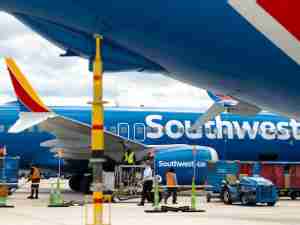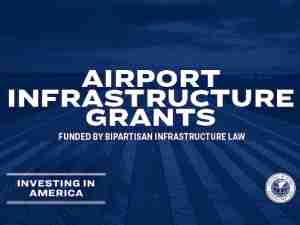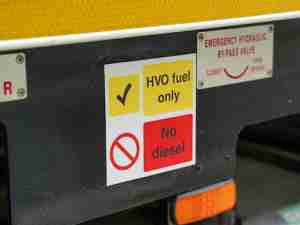EU’s legal dilemmas if no global aviation emissions deal
By: Reuters | Oct 02 2013 at 12:38 PM | Air Cargo
Already, the body has spent more than a decade on the issue without getting agreement.
Given the lack of progress, the European Union decided to implement its own scheme and from January last year required all aviation using its airports to pay for emissions through its Emissions Trading Scheme (ETS).
But there was an international outcry as non-EU nations accused the European Union of breaching sovereignty and threatened a trade war.
Although the European Court of Justice had declared the EU law valid, the European Union reluctantly agreed to suspend the legislation for one year for intercontinental flights.
But it said it would be reimposed automatically unless the ICAO at its general assembly could agree a realistic timetable on developing a global market-based measure.
Failure to get a convincing deal would place the European Union in an extremely difficult situation and could reignite the trade war threats of last year.
"It is not some kind of gigantic bluff," one EU diplomat involved in the negotiations said on condition of anonymity.
Parliment
A major issue is parliamentary approval. After the European Commission announced its proposal to "stop the clock" for a year, the European Parliament acted unusually quickly, giving the proposal legal endorsement in a matter of months before an April 30 deadline for collecting emissions certificates.
The parliament would again have to act very quickly to endorse any extension of the derogation in time for the April 2014 deadline. This time around, it might prefer to go slow in protest if ICAO does not deliver an adequate deal.
When it signed the one-year derogation, it made clear it was conditional on ICAO adopting a road map for a global market-based measure, including a timetable for implementation plus a framework for the interim to allow the application of regional schemes, such as the EU ETS.
The one-year pause only applies to intercontinental aviation, leaving EU airlines still required to submit ETS allowances.
The text of the "stop the clock" law acknowledges the need to preserve the European Union's environmental integrity and the need to avoid "distortions of competition".
Court Case
The European Low Fares Airline Association considers itself particularly vulnerable to unfair competition because its flights are concentrated in the European Union.
It has begun legal action in protest at the derogation, which is on hold pending the outcome of the ICAO talks.
The derogation, it argues, breaches EU environmental law, was not subject to due legal process and has a discriminatory impact.
US Blocking Law
Apart from triggering renewed threats of a trade war, automatic reimposition of the EU ETS for all international aviation has U.S. legal implications.
The U.S. EU Emissions Trading Scheme Prohibition Act gives the U.S. Secretary of Transportation the power to prohibit U.S. airlines from participating in the ETS if he finds it is in the public interest. (Reuters)









